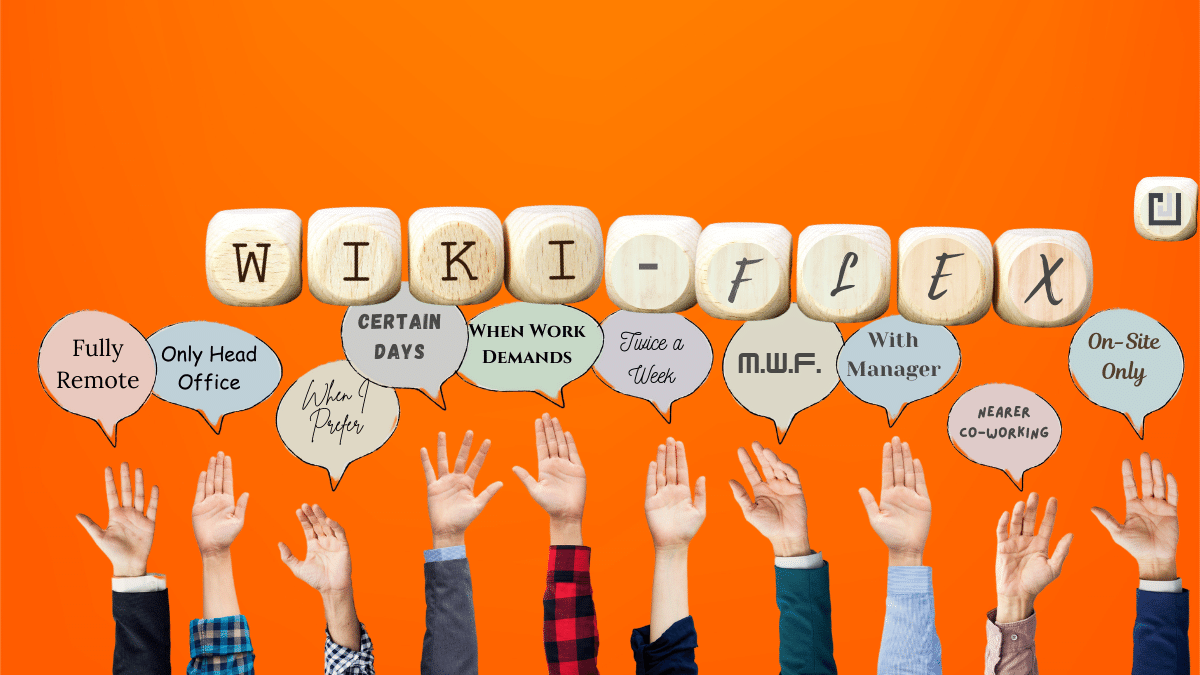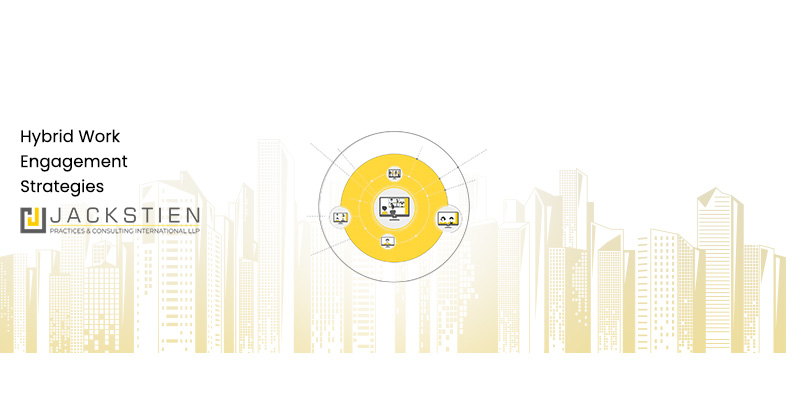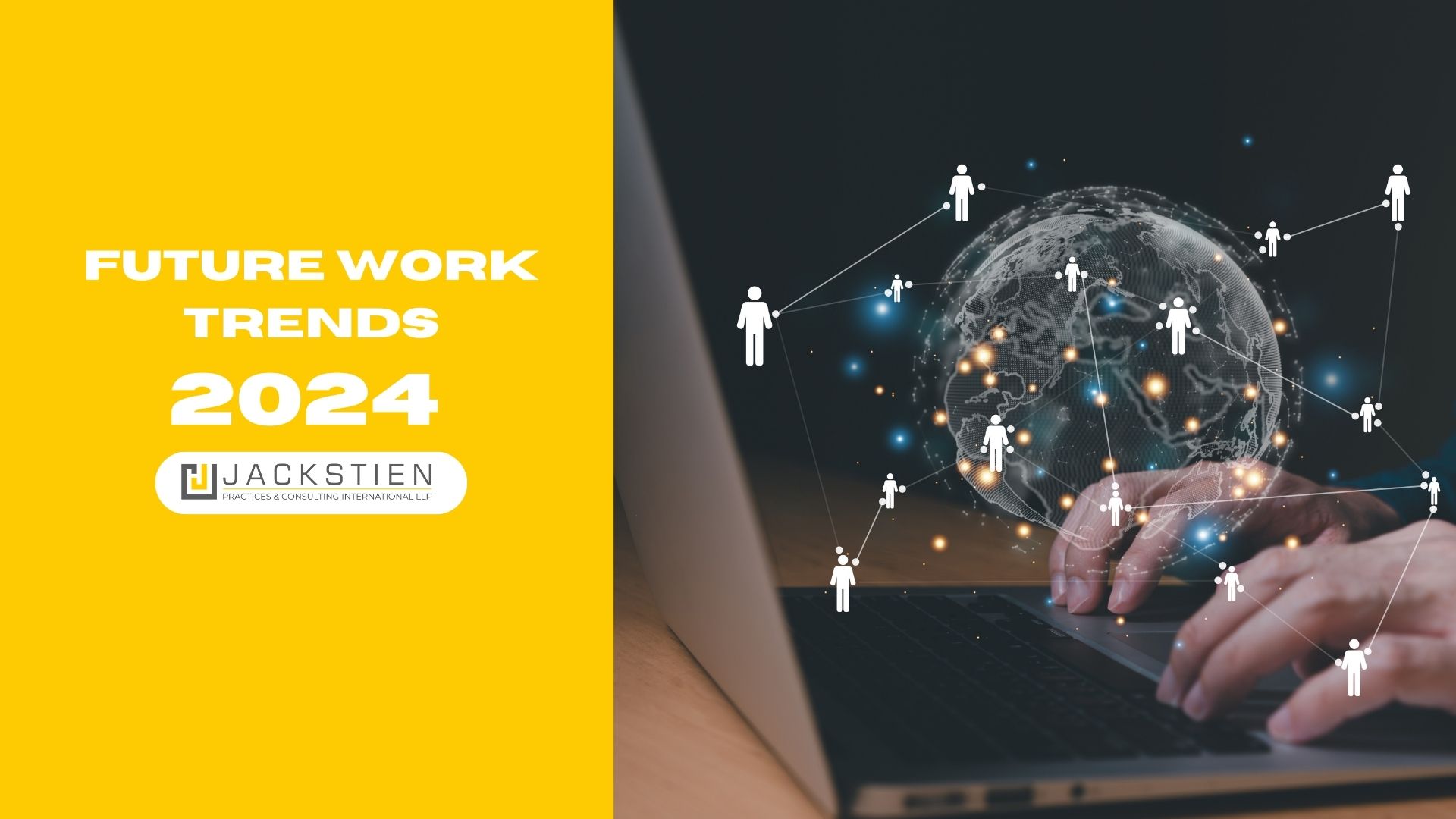Remote and hybrid work does not equate to diluting discipline.
Here what we mean.
Now that remote and hybrid work has become an informed choice of the majority of the workforce, companies and managers may fear that since they do not have the access to monitor and supervise workers as they did in the conventional work setup, there will be dips in discipline and productivity.
Firstly, studies have shown that remote work makes employees more productive because it eliminates a host of time and energy-consuming activities like commuting, pointless meetings and office gossip. But without unwavering discipline, which is seemingly difficult to maintain in remote work, productivity and efficiency can unmistakably diminish.
The benefits of remote work are too many to not put in the effort to round off its edges and improve on its flaws. To maintain discipline and orderliness throughout the firm/company, employers and employees both need to be clear on one thing: it is everyone’s responsibility.
The managers’ part
Communication and technology’s contribution to Discipline
Remote and Hybrid work heavily depends on robust technology and seamless communication between employees and managers. Companies must ensure that their communication lines and software are up-to-date and functional. There should be incessant endeavors to make the organization more advanced in terms of technology.
Remote or hybrid workers may experience a lesser connection with the company than in-office employees. This can manifest in lesser efficiency because the employee simply does not see him/herself holding a pivotal position in the company. That is why managers need to keep connectedness as a key priority. They should regularly send catch-up messages and hold constructive feedback sessions on video calls. Taking out extra time every week for acknowledging efforts is also a great idea. All of this will make remote employees understand that their work holds importance and has an impact.
Lead by example
If meetings regularly overrun, those who login and are waiting in the next meeting start getting the impression that meeting timings are ‘suggestions’ only.
Work ethic
With so many distractions at home, work ethic might take a backseat for remote and hybrid workers. For example, the temptations to continue working in the night suit or scrolling through social media are strong. What managers can do is make their general expectations of the employees clear. It may be important to note that this process needs to be more collaborative than commanding. For example, employees should be encouraged to dress formally and ensure there are no interruptions during meetings.
Team leaders and supervisors should set uniform guidelines for two things – the quality of the employees’ work and its delivery time. This will serve two purposes, one, workers will understand that the management has placed faith in them and will likely live up to it, and second, management will need lesser progress tracking tools and programs.
The employees’ part
Schedule
Remote and hybrid workers should identify the times of the day they are most productive, prepare their schedules accordingly and then stick to them. This will invite lesser disruptions during work hours and will promote efficiency. This schedule should only have small breaks in between and extra care should be taken to plan break activities in advance. For example, stretching, eating a snack, and taking a walk are things that will not make it difficult to go back to work.
Self-discipline and boundaries
Harbouring a healthy sense of self-discipline and control will make remote employees set boundaries with family, friends, and risky distractions like social media. Workers should make their work hours clear to their family so that their workspace and time are respected and there are fewer pauses. Setting up a workstation away from the bedroom and living room may also help.
Deadlines and accountability
Employees should always know that even though they are working remotely, they are one hundred percent accountable for errors, inefficiency, and delays. All of these have a direct impact on an employee’s overall report and managers keep track of inconsistent and underperforming employees.
Working on their tasks effectively and sending in the deliverables on time will always help in career advancement.
ABOUT THE AUTHOR
Nain Yadav
I am a 21-year-old who grew up in the city of Lucknow. I consider my family, friends, and watermelon juice the closest to me. Having freelanced since the age of 17, I have worked and dealt with multiple people and issues. Like the rest of us, I have opinions. Unlike the rest of us, I am unafraid to express them.


